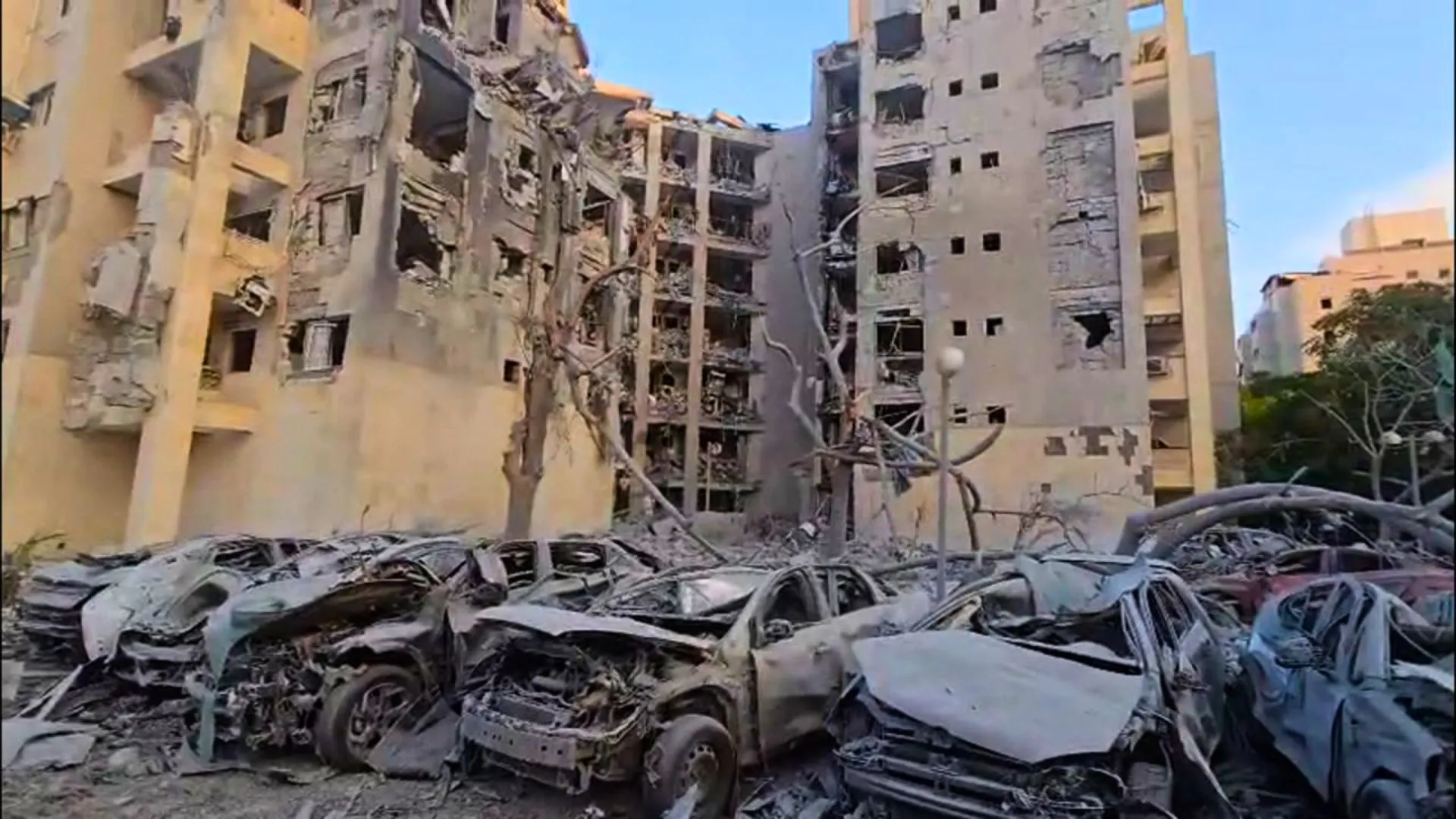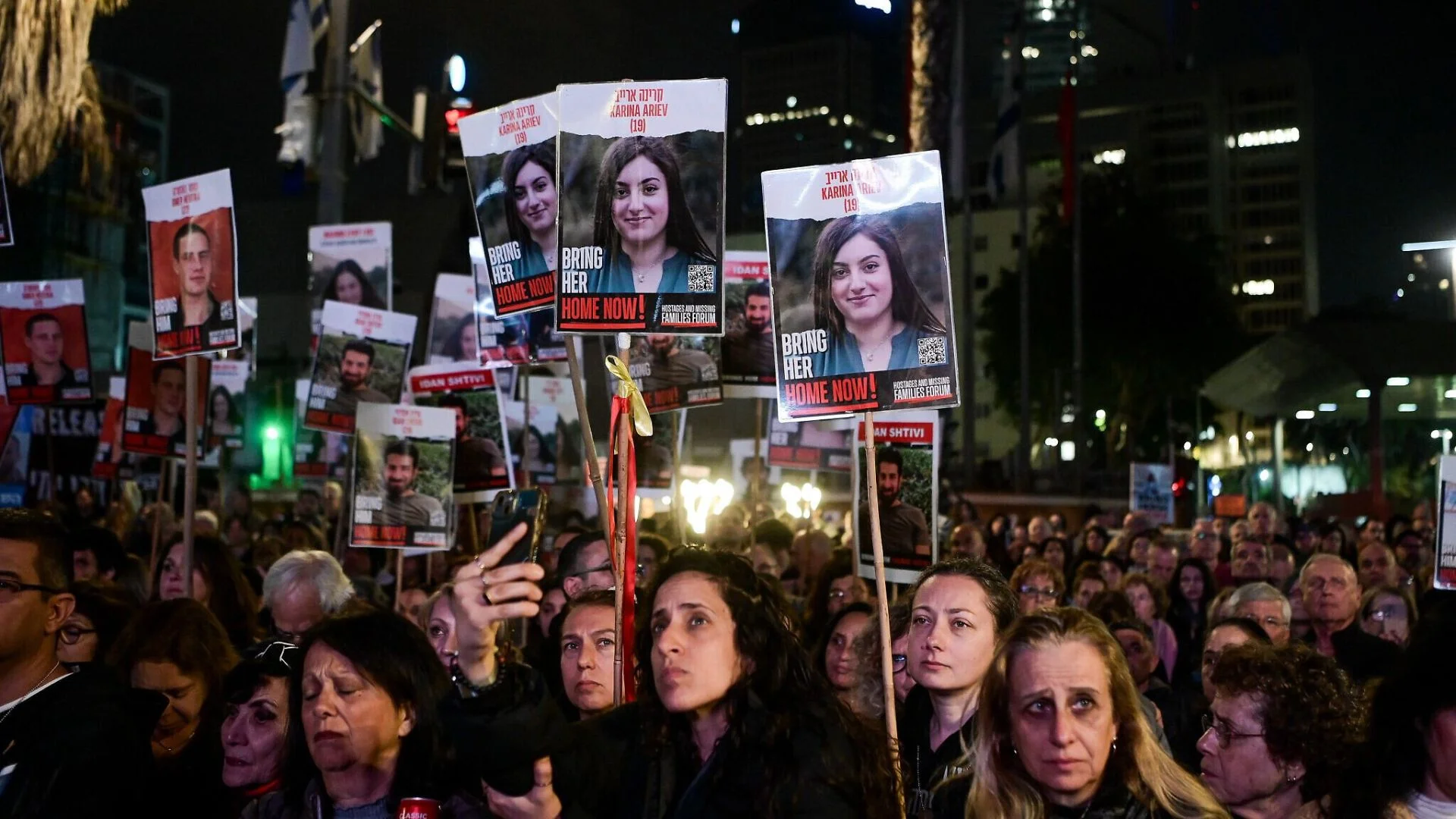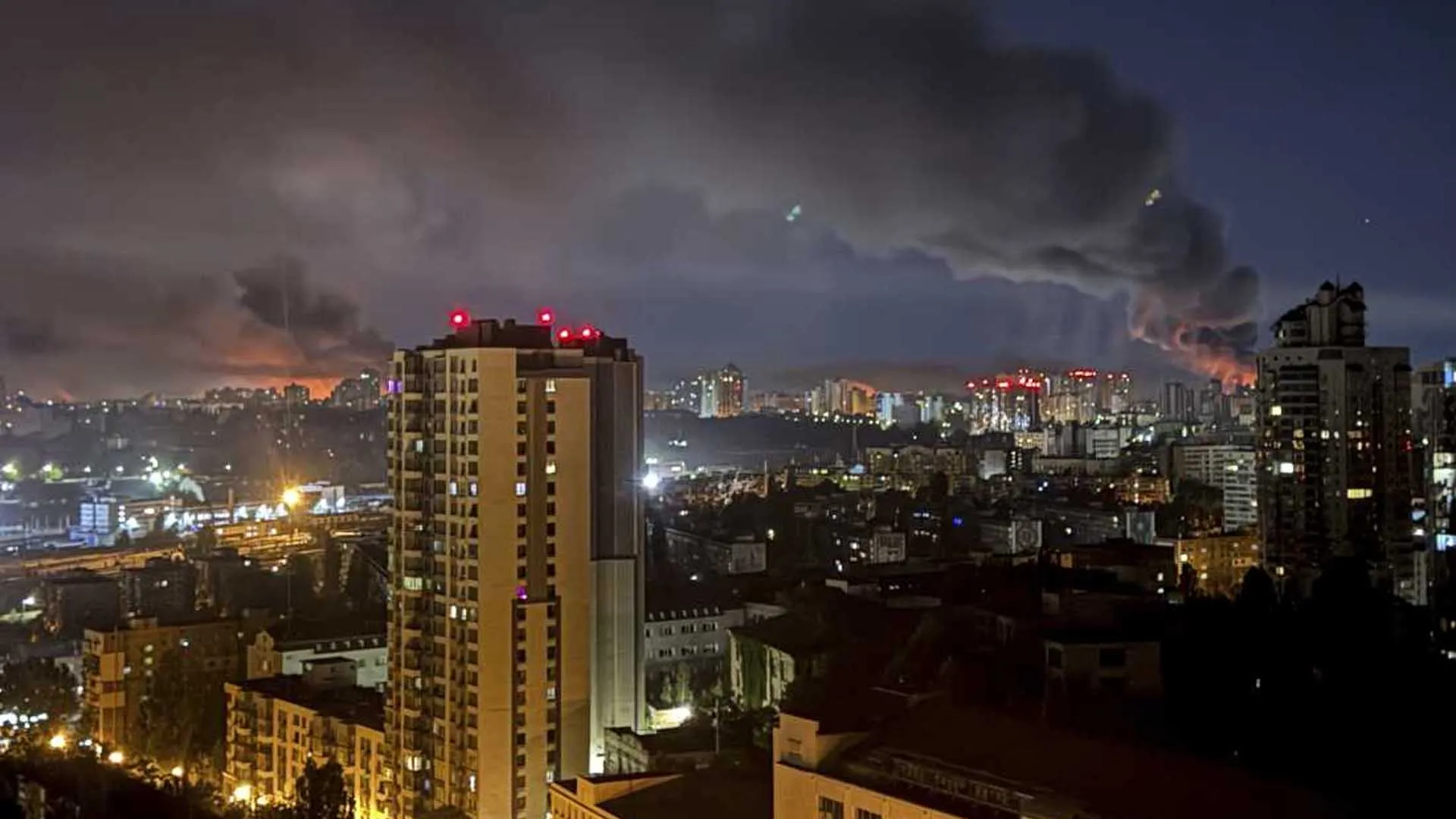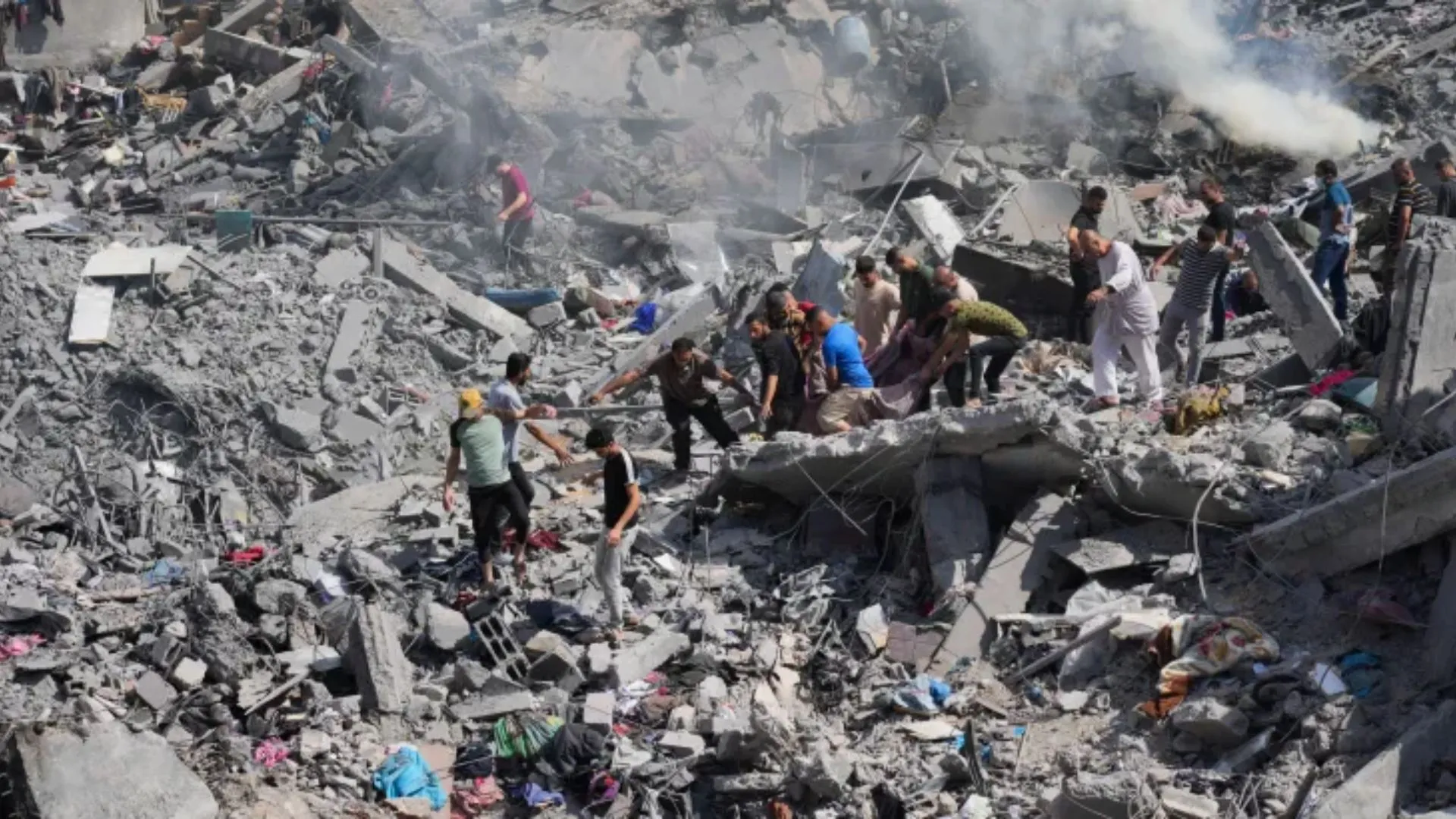Conflicts between Israel and Iran escalated again mere hours after US President Donald Trump declared a phased 24-hour ceasefire process. Israel accepted the proposal, but later blamed Iran for breaching the truce by firing missiles. Israeli Defence Minister Israel Katz retaliated with strong attacks on regime forces within Tehran.
However, Iran denied firing any new missiles and blamed Israel for being compelled to stop aggression. As both sides traded accusations, the future of the ceasefire remained uncertain. This fragile truce now risks collapsing before it even takes hold.
Trump’s Ceasefire Proposal: A Fragile Start
US President Donald Trump declared a phased ceasefire to start from around 04:00 GMT on Tuesday. Israel made the terms public. While Iran did not initially accept the agreement, its Supreme National Security Council issued a statement later indicating that it now supported the ceasefire.
The arrangement entailed a trial phase where each side would practice restraint before committing to an extended accord.
Israel’s Accusation and Retaliation
However, this was proposed even as Israel charged that Iran fired new missile attacks shortly after the ceasefire took hold. Israeli Defence Minister Israel Katz indicated that he had instructed the military to retaliate “forcefully” against what he termed an obvious breach.
Israel confirmed that it bombed regime positions in “the heart of Tehran.” Israeli media labeled this initial stage of the ceasefire as a “test period” which would last until 7 p.m. local time. If Iran stood by during that window of opportunity, Israel intended to extend the ceasefire.
Iran’s Denial and Defiant Stance
Iran hastened to deny Israel’s allegations. State media reported that Iran’s general staff did not fire any missiles “in the last few hours” against Israeli soil. Iran’s Supreme National Security Council said that Iran’s previous military operations forced Israel to stop firing unilaterally. Tehran referred to this turn of events as a “divine gift” and a “victory.”
The council further noted that Iranian forces were “on high alert,” poised to give a “decisive and regret-inducing response” to another act of aggression.
A Ceasefire Hanging by a Thread
Though Trump’s ceasefire proposal had provided a temporary lull, the situation today balances on the brink. Israel’s rapid counterattack and Iran’s denial indicate the profound mistrust. Both being entrenched in contradicting accounts, the road to a lasting peace seems bleak.
In the meantime, war and diplomacy run parallel—on the brink of collapse one missile away.























